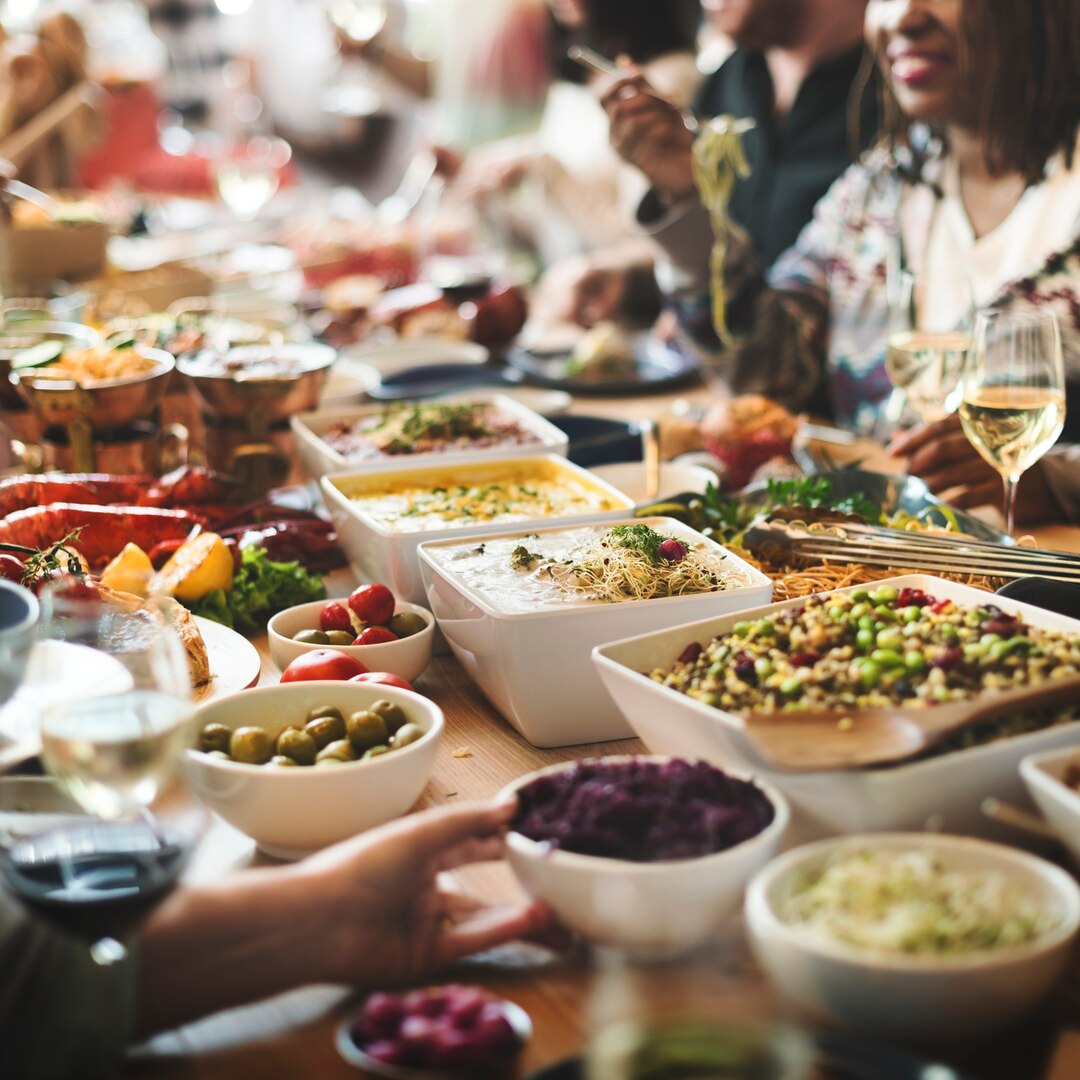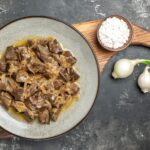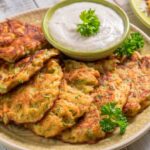South Africa is a nation rich in cultural diversity, and its traditions and holidays are as varied and vibrant as its people. From the colorful festivities of Heritage Day to the joyous gatherings of Christmas and Easter, food plays a central role in celebrating these cherished occasions. In this article, we’ll explore the significance of food in South African traditions and holidays, and how it brings families and communities together in shared celebration.
1. Heritage Day: Braais and Traditional Fare
Heritage Day, celebrated on September 24th, is a time to honor the diverse cultural heritage of South Africa. One of the most popular ways to mark the occasion is with a braai, or barbecue, where friends and family gather to enjoy grilled meats, salads, and side dishes. From boerewors and sosaties to pap and chakalaka, the braai is a celebration of South African culinary traditions, uniting people from all walks of life in the spirit of togetherness and camaraderie.
2. Christmas: Feasts and Festivities
Christmas in South Africa is a time of joy and celebration, marked by feasting, gift-giving, and gatherings with loved ones. Traditional Christmas fare often includes roast meats such as turkey, lamb, or gammon, served alongside an array of side dishes like roast potatoes, vegetables, and salads. Desserts like malva pudding, trifle, and mince pies are also popular, adding a touch of sweetness to the festivities. Whether enjoyed around the dinner table or at a festive braai, Christmas in South Africa is a time to indulge in delicious food and create cherished memories with family and friends.
3. Easter: Hot Cross Buns and Family Traditions
Easter is a significant religious holiday in South Africa, commemorating the resurrection of Jesus Christ. One of the most beloved Easter traditions is the baking and sharing of hot cross buns, spiced buns marked with a cross on top, symbolizing the crucifixion. These sweet treats are often enjoyed on Good Friday, either freshly baked or toasted and spread with butter. Easter Sunday is also a time for family gatherings and festive meals, with dishes like roast leg of lamb, pickled fish, and Easter eggs taking center stage.
4. Traditional Ceremonies and Rituals
In addition to national holidays, South Africa is home to a multitude of cultural ceremonies and rituals that are steeped in tradition and symbolism. From weddings and coming-of-age ceremonies to ancestral rites and harvest festivals, food plays a central role in these important occasions. Traditional dishes and delicacies are prepared with care and reverence, symbolizing abundance, prosperity, and the bonds of community and family.
5. New Year’s Eve: Toasts and Traditions
As the clock strikes midnight on New Year’s Eve, South Africans come together to bid farewell to the old year and welcome the new with festive celebrations and time-honored rituals. Champagne toasts, fireworks displays, and midnight feasts are all part of the festivities, with traditional dishes like potjiekos (a slow-cooked stew) and braaied meats taking center stage. It’s a time to reflect on the year gone by, express gratitude for blessings received, and look forward to the promise of the year ahead.
Food plays a pivotal role in celebrating South African traditions and holidays, serving as a symbol of cultural identity, heritage, and community. Whether gathered around a braai on Heritage Day, sharing hot cross buns on Easter Sunday, or feasting on roast meats and festive treats at Christmas, food brings people together in joyous celebration and shared camaraderie. In a country as diverse and culturally rich as South Africa, the table is not just a place to eat, but a sacred space where memories are made, traditions are honored, and the bonds of family and community are strengthened.








